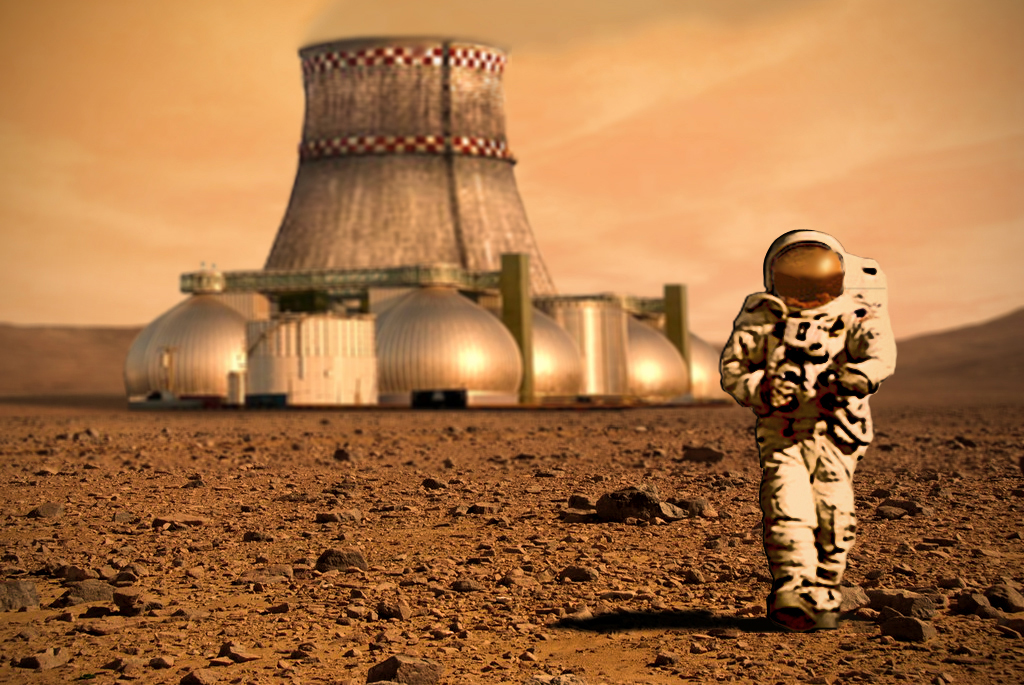-

-

-

-

-

-

-

-
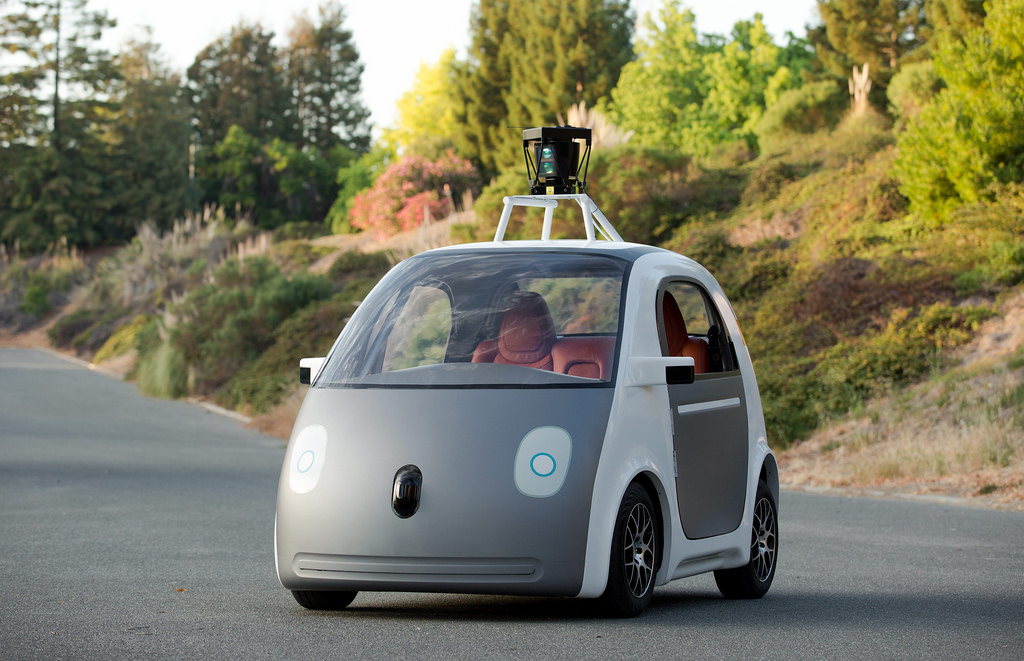
-

-

-
-

-

-

-
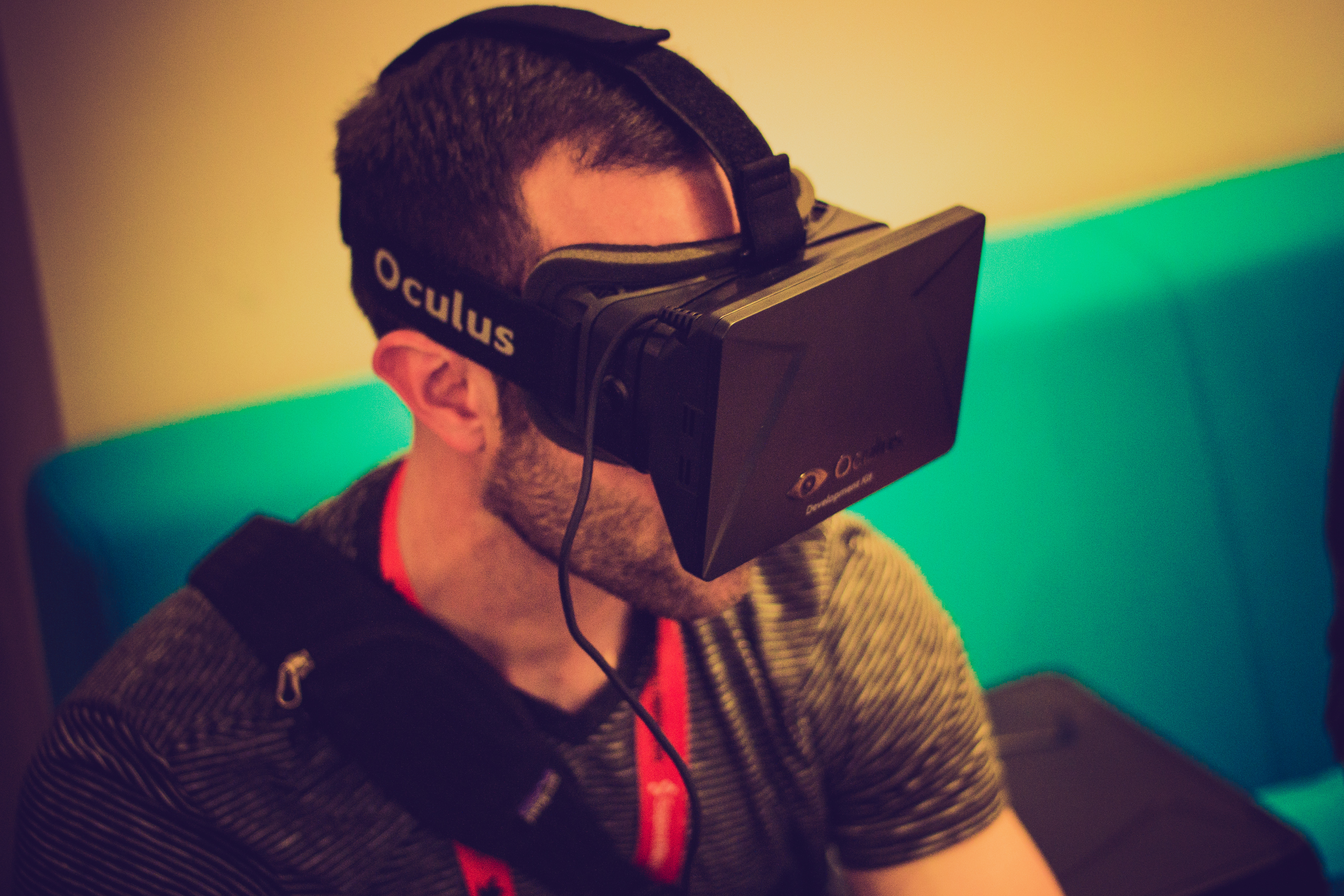
-

-
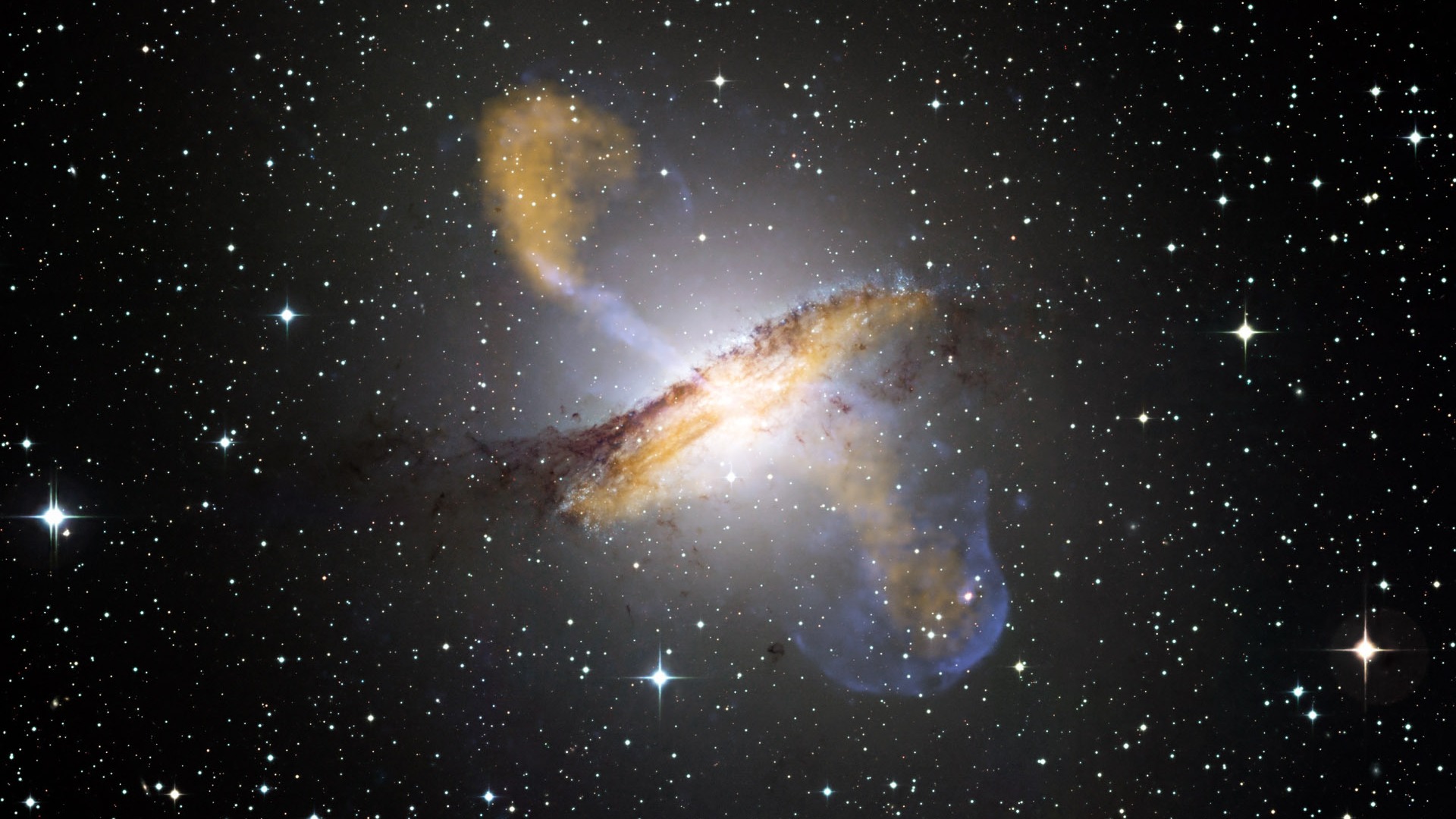
-

-
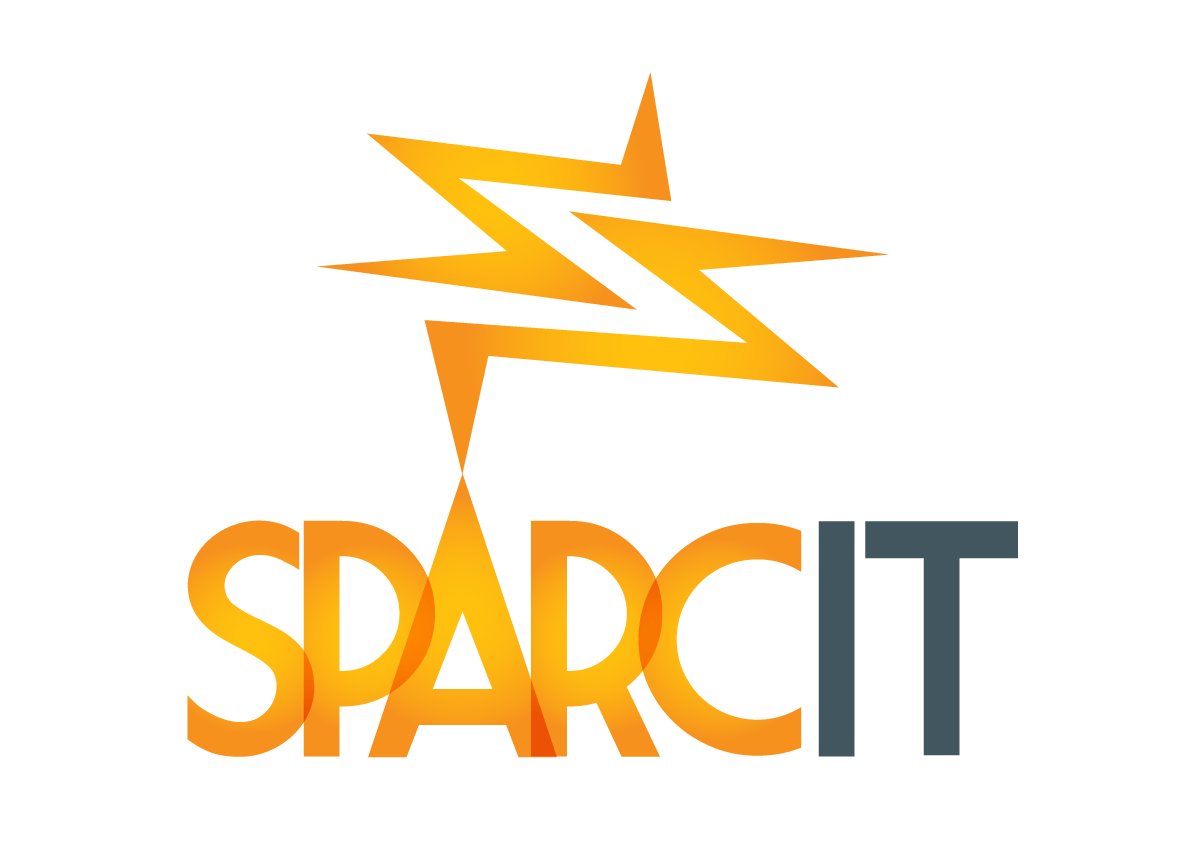
-
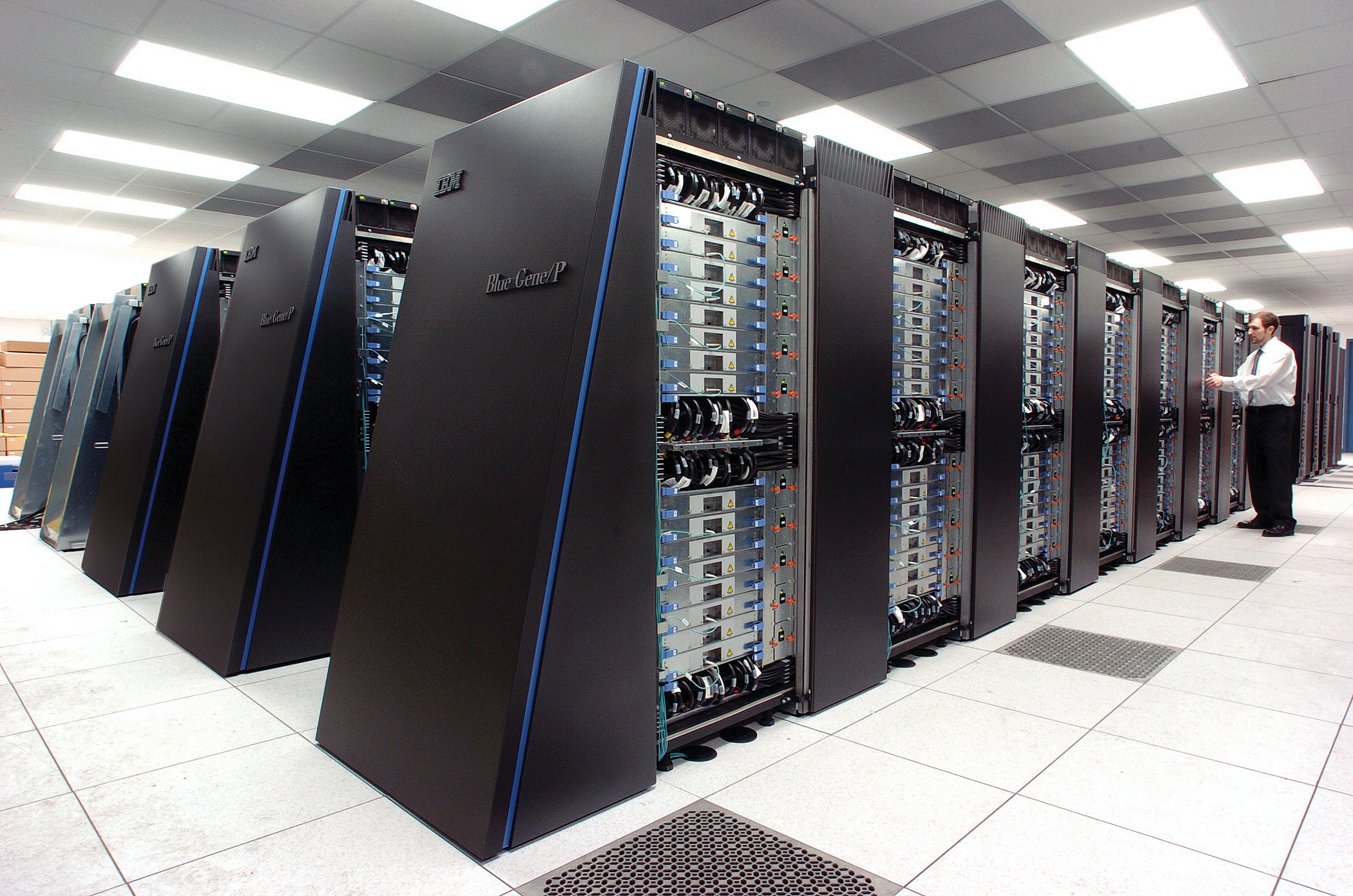
-

-
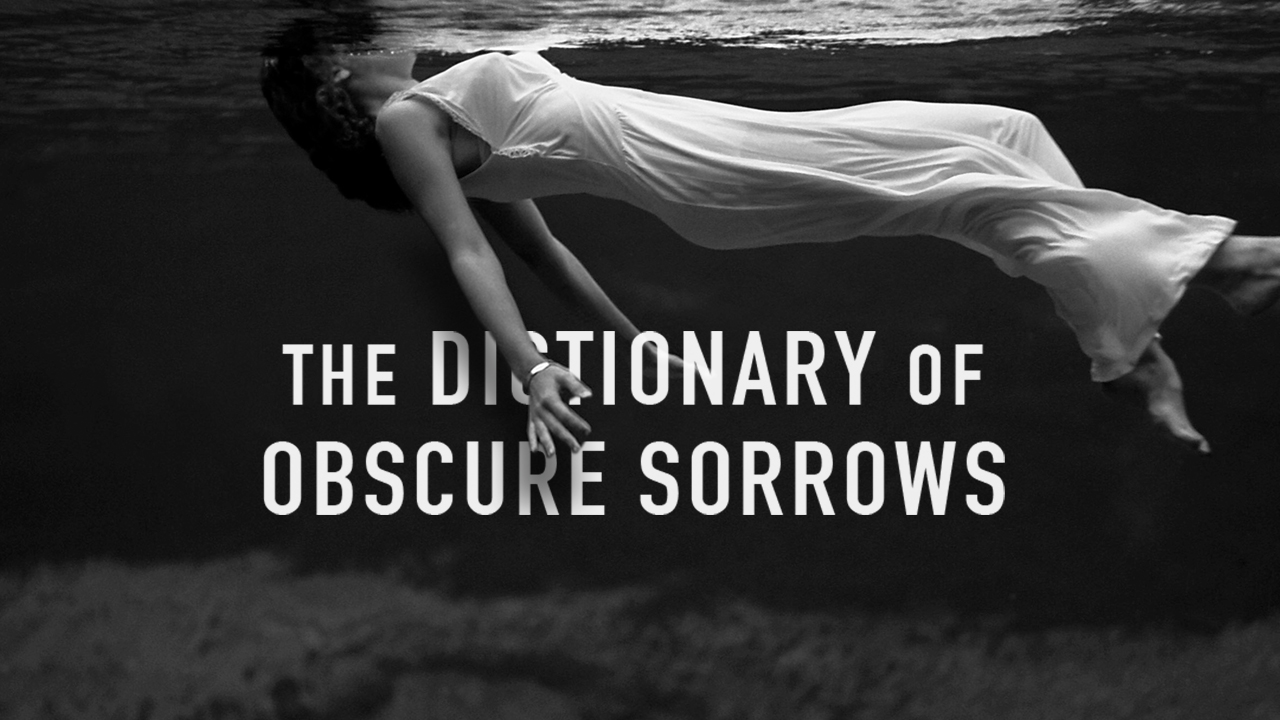
-

-

-

-

-
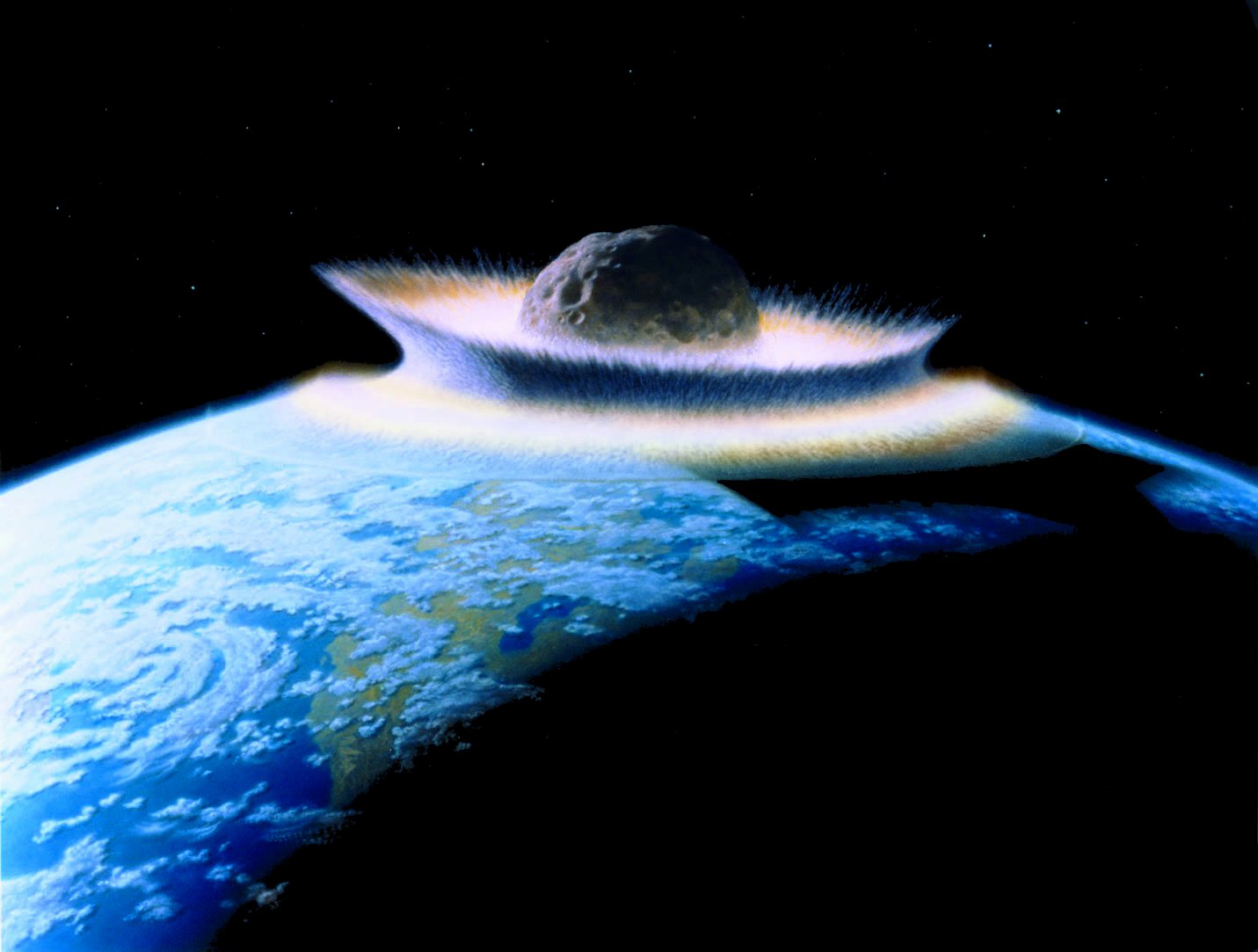
-

-
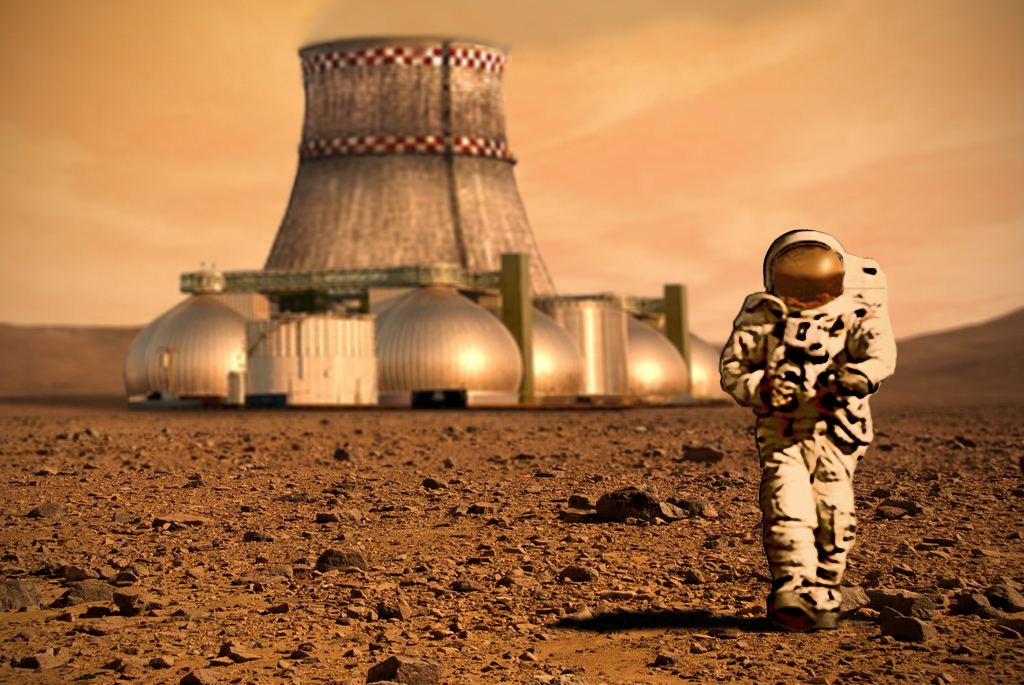
-

-

-

-

-

-

-

-

-
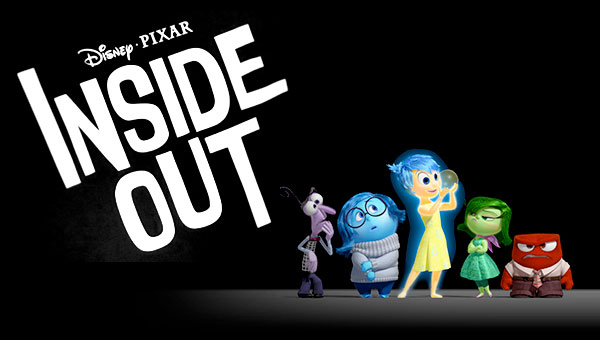
-

-

-

-
-

-

-
 TOTW: Google's Project Ara Modular Phone May Be The Future Of SmartphonesOctober 30, 2014
TOTW: Google's Project Ara Modular Phone May Be The Future Of SmartphonesOctober 30, 2014 -

-

-

-
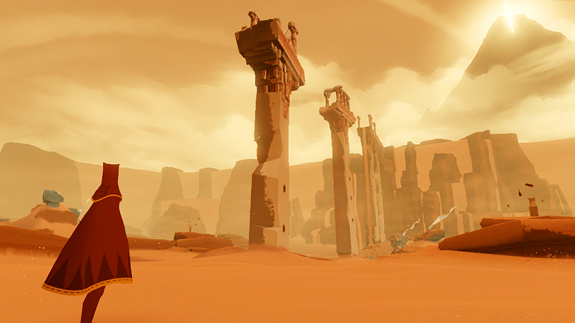
-

-

-

-

-

-

-

-

-

-

-
-
-
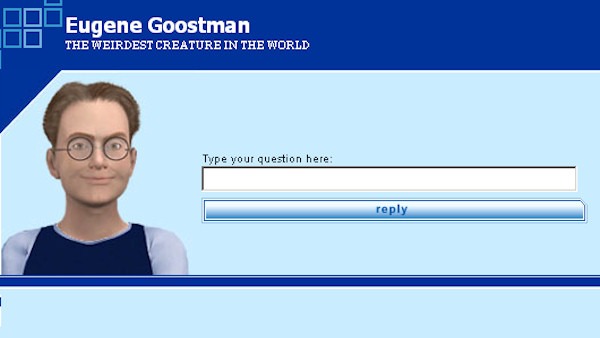
-

-

-

-

-

-

-

-

Posts tagged Mars
Mars One Plans For Humans Colonizing Mars By 2024
010 years
Have you ever wanted to go to Mars? To set foot on a new planet, being one of the first humans ever to do so? It really does sound like a stretch of the imagination, and still doesn’t seem possible, even with a reasonable amount of knowledge about what it will take to get there. There are just so many hurdles to creating an actual Mars colony: food, solar radiation, the effect of less gravity on our bones, the cost of transporting supplies to space, and much more. Learn more about it in the Asap Science video below:
And yet, a non-profit organization called Mars One is already making plans to go there. Setting their sights on a manned Mars mission in 2024 and then again in 2026, Mars One has already been supported by many experts, including Nobel Physics prize-winner Gerard ‘t Hooft, along with the 200,000 other people wanting to be one of the 24 lucky (or unlucky, depending on how you view it) to go to Mars. Announced in 2012, Mars One has already gone through three stages of elimination for picking who will be an astronaut in the final takeoff. Recently, 100 people were announced as in one of the last groups before Mars One picks the final 24. Each applicant paid $38 and submitted a video and written summary of why they want to go to Mars, why they deserve it, and what makes them good to spend the rest of their life up there. (no attachments, good personality, etc.)
And notice I’ve said “the rest of their life up there”. That wasn’t just a guess. Mars One has made it very clear that these participants are going up on the red planet and staying there. Either they fail on the way up and die, or stay up there for the rest of their life, the first generation of a martian colony. And everyone in the top 100 applicants have accepted that too, which adds just one more level of bravery on top of the whole idea of a possibility of being incinerated while leaving the atmosphere.
One criticism of Mars One is how they’re running the whole enterprise. Many people have voiced that they believe Mars One is taking the process much too lightly, and the fact that they are creating a reality television show isn’t sitting well with many people. On their website they already are letting people vote for the “contestants” they want to go to the next round of elimination. Sounds a lot more reality TV than NASA, and that’s exactly what people are worried about. This would be a very dangerous mission, and taking unqualified people and throwing them into space for the sake of entertainment clearly doesn’t seem right.
Unfortunately, the reality TV part of their elimination process has already taken hold on many people, with The Guardian, Ars Technica and more doing interviews with some of the final round applicants. But there is an upside to the reality TV aspect, and that’s the money Mars One will make. They have already estimated the cost be to $2 billion, and so the show would help pay for the technology, rockets, and to help if anything goes wrong.
And who knows? Maybe, by some near-miracle, Mars One will have the required technology to launch the final 24 applicants into space and then on to Mars by their target date. Then, of course, the question would be how they would actually survive in space, and what humanity would do with a Mars colony, but that’s a thought for another time.
UPDATE: PBS Idea Show just created a great video on the entertainment aspect of Mars One, which you can watch below.

